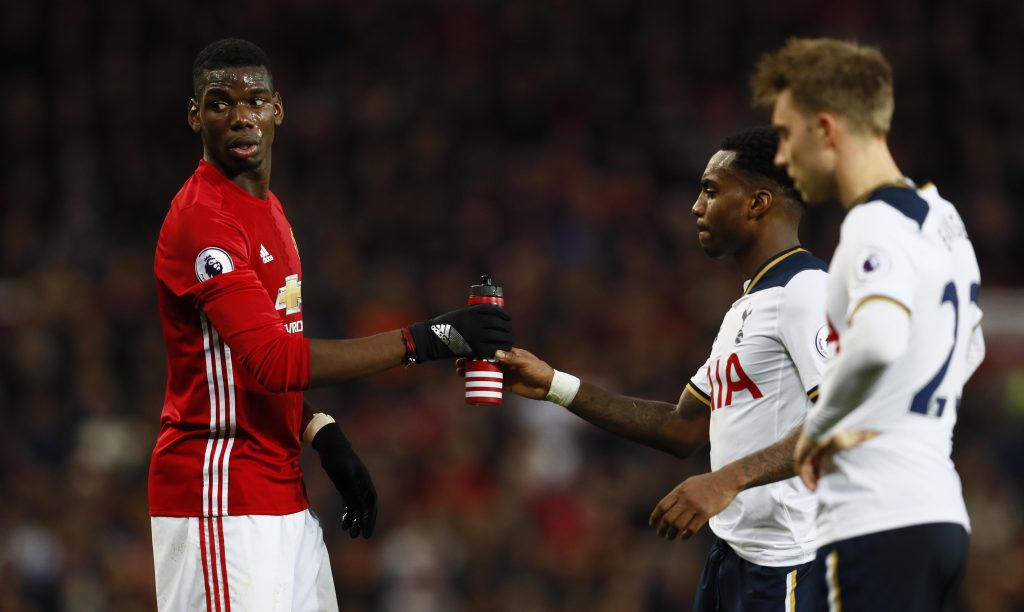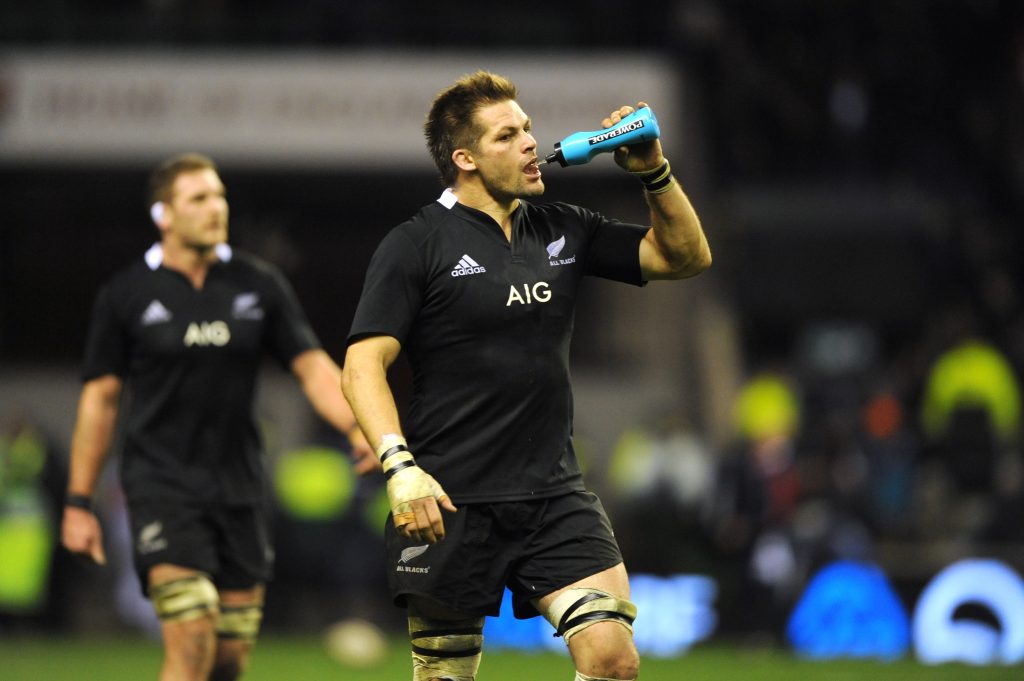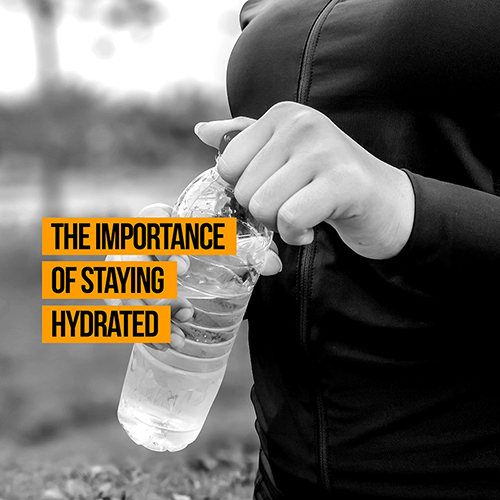We’re taking it back to basics on this week’s PhysioRoom.com blog. We’re stripping it all the way back to the very essence of life, the key to it all folks…that’s right, h2o, water, the wet stuff.
That wet stuff makes up around 55-60% of our body composition, so it’s fair to say that while exercising, it’s important to replenish those internal stores in order to maintain peak performance.
But what exactly is ‘hydration’? And why exactly is it important? Join us as we take a look at some ways to stay hydrated out on the field, track, court, or even sitting on your couch, as it’s always important to stay well lubricated!

Why do we need to stay hydrated?
First of all, let’s tackle what being hydrated actually means. The relationship between our bodies and water is a one of disproportional need, it doesn’t need us, but we die without it. Not only that but before your untimely turning to dust you’ll experience some nasty loss of function. H2o is responsible for a variety of bodily functions including digestion, blood flow, body temperature regulation, not to mention overall general cell health.
The average person loses around 3-4 litres of fluid a day in sweat, urine, exhaled air and digestion. In fact we lose 1-2 litres from breathing alone, but fear not, you don’t have to be frugal with your breathing, because luckily our body has some handy ways of pointing out our lack of water.
According to studies, the body will compensate for just one to two percent loss of water in the body by triggering a thirst reaction. These reactions are well times because our brains, kidneys, glands and hormones all come together and form like Voltron to monitor the amount of water we’re taking in compared to how much is going out.
The journey begins with the hypothalamus, the gland that regulates our body temperature and triggers the systems that balance the fluid in our bodies.
When our super-gland detects low water levels in our blood, it signals the release of an anti-diuretic hormone that causes the kidneys to remove less water from the blood. The outcome of course being less frequent visits to the toilet, and when you do, your urine will be more concentrated and darker in colour, this is when our brain steps in and tells us we’re thirsty.
Much with any overly-complicated sounding bodily function, such as eating and calorie consumption, it often boils down to a very simple solution, replenish supplies that you lose and you’ll be fine.

How to know if you’re dehydrated
We already mentioned the obvious toilet-related sign, but there are other ways to spot you’re running low on good ol’ h2o. Including:
- Increased thirst
- Dry mouth and swollen tongue
- Weakness
- Dizziness
- Palpitations
- Confusion
- Sluggishness
- Fainting
- Inability to sweat
- Decreased urine output
How do we hydrate?
Put simply, drink!
Ok, so maybe that analysis can get a little more in depth, so let’s talk about while exercising
Before Exercise – Don’t go chugging water before you get exercise as a shortcut, it’s important to stay hydrated all day long. If you do go overboard beforehand you may end up feeling pretty bloated and cramped up. It’s recommended you drink at last three litres of water daily, even on days when not exercising.
During Exercise – As mentioned earlier we lose water through breathing and sweat so it’s important to give our body back what’s lost. A nice general rule to follow for moderate level exercise is around 250ml for every 15 minutes of exercise.
There are of course carbohydrate/sugar drinks that will replenish glycogen, which is what your muscles use for energy. There are also drinks with electrolytes that help to rehydrate and improve muscle function.
After Exercise – Continue to hydrate after exercise, try to drink at least 250ml within half an hour of exercising. If you’ve been doing weight-bearing exercises, feel free to throw some protein powder in that water to help your muscles recover.

Phizz
A great way of staying hydrated 24/7 is to pick yourself up some PHIZZ Tablets.
They are an orange flavoured effervescent tablet that helps sportsmen and women rapidly absorb more water and replenishes vitamins and minerals.
Phizz combines a World Health Organisation(WHO) inspired rehydration formula and mix of essential minerals/vitamins.
The tablets can be consumed before, during or after sporting activities. And Phizz itself is accredited by Informed Sports, this provides assurances to athletes around the world that Phizz adheres to the World Anti-Doping laboratory standards for professional athletes.
Phizz is widely used in the sports world, hydrating such sports clubs as Durham CCC, Surrey CCC, Hull FC, Warrington Wolves and more.
Not only exercise but they’re perfect for getting that extra boost while on the go or while travelling.


